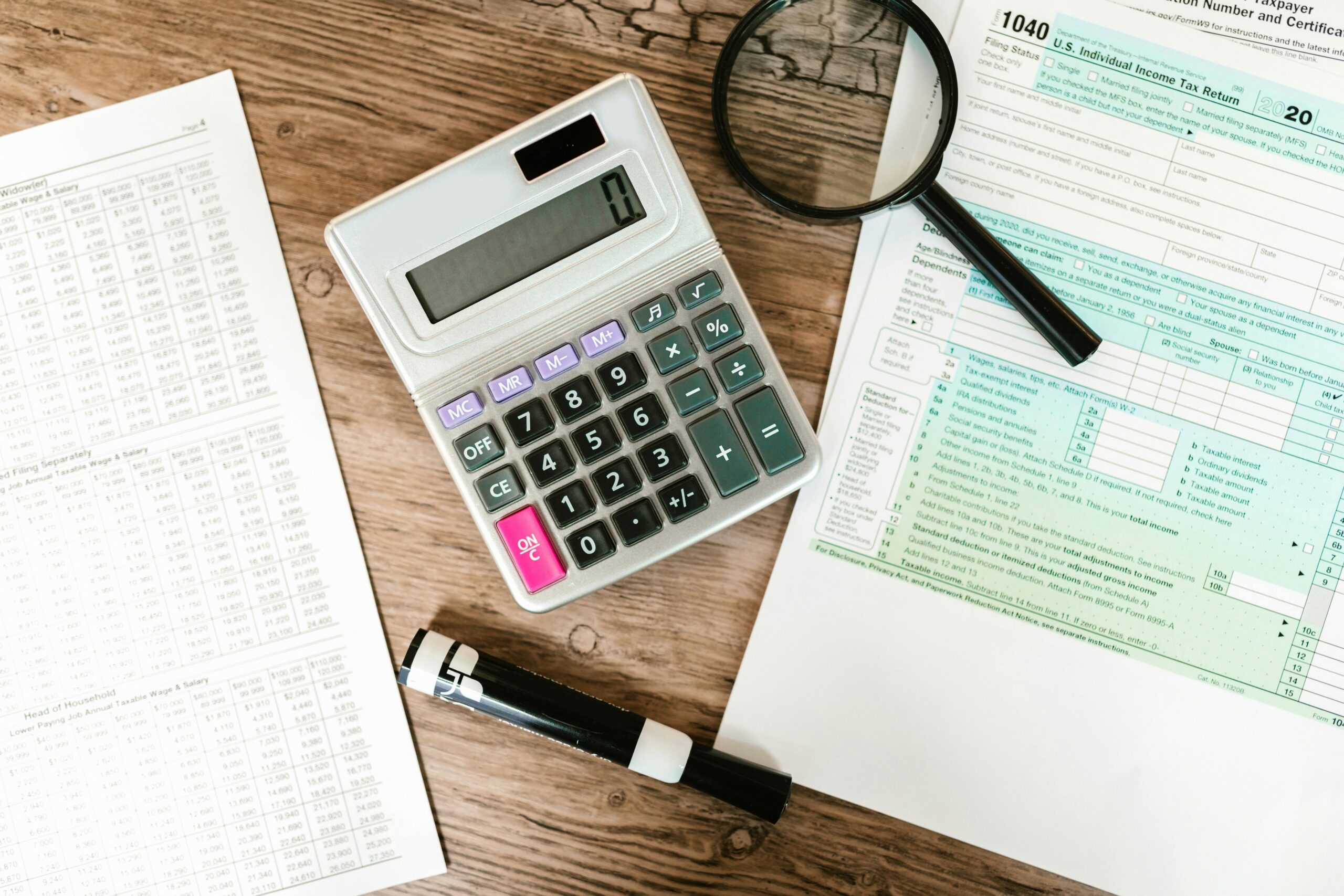5 Key Technologies Reshaping Forensic Accounting in Accounting Firms
Technological advancements in forensic accounting improve fraud detection, collaboration, and evidence recovery significantly.

Forensic accountants rely on technology to uncover fraud and analyze complex financial data.
Forensic accounting is undergoing a major transformation due to technological advancements. In today’s financial environment, accounting firms are leveraging cutting-edge technologies to enhance fraud detection, streamline investigations, and increase accuracy. This article explores five key technologies that are revolutionizing forensic accounting, helping accountants uncover fraud faster, manage large datasets, and provide clients with reliable financial insights.
1. Data Analytics: Revolutionizing Financial Investigations in Forensic Accounting
Data analytics has emerged as a game-changer in the field of forensic accounting. Instead of relying on traditional sampling methods, forensic accountants can now process entire datasets quickly and accurately, identifying suspicious patterns and anomalies that may indicate fraudulent activity. This capability greatly enhances both efficiency and accuracy in investigations.
For instance, a large retail chain faced internal theft issues. Forensic accountants used data analytics tools to examine every transaction in the business. They identified patterns of fraudulent refunds linked to an employee. This discovery allowed the firm to act swiftly and stop further financial losses. Data analytics in forensic accounting has made it possible for accountants to work smarter, uncover fraud faster, and ensure the integrity of financial records.
2. Artificial Intelligence: Predicting and Detecting Fraud with AI
Artificial Intelligence (AI) is increasingly being used to detect fraud before it occurs. AI systems are equipped with machine learning algorithms that can analyze financial data, recognize irregularities, and learn from past patterns of fraud. This predictive capability allows forensic accountants to identify red flags before fraudulent activities fully develop.
A financial institution, for example, employed AI to monitor global transactions. The AI flagged suspicious transfers that were structured just below reporting thresholds—a common tactic used in money laundering. By detecting this anomaly early, the forensic team was able to prevent further damage, showcasing how AI technology in forensic accounting is transforming fraud detection.
3. Blockchain Technology: Enhancing Transparency and Security in Financial Audits
Blockchain technology has introduced a new level of transparency and security in forensic accounting. This decentralized, immutable ledger ensures that once a transaction is recorded, it cannot be altered or deleted. Forensic accountants use blockchain to verify the authenticity of financial records, ensuring that data is tamper-proof and providing a clear trail for auditing purposes.
For example, a cryptocurrency exchange under investigation for fraud benefited from forensic accountants using blockchain technology to track digital assets. Blockchain’s transparency allowed investigators to trace each movement of funds across wallets. This ensured that no critical information was tampered with. This transparency led to the identification of the fraudsters and the recovery of the assets.
4. Cloud Computing: Enabling Efficient Collaboration Across Forensic Accounting Teams
Cloud computing is essential for forensic accountants. It is particularly helpful for handling large, complex cases. These cases often involve multiple offices or regions. By storing data securely on the cloud, accounting teams can collaborate in real-time, regardless of their geographical locations. This cloud-based access improves workflow, accelerates investigations, and ensures that team members always work with the latest information.
In a high-profile cross-border fraud investigation, forensic accountants used cloud platforms to share sensitive data across three countries. This seamless collaboration allowed the team to uncover discrepancies quickly, shortening the investigation timeline and improving overall efficiency. With the benefits of cloud computing, accounting firms can more effectively address international fraud cases.
5. Digital Forensics: Recovering Hidden or Deleted Evidence in Financial Investigations
Digital forensics tools are essential when perpetrators try to destroy or hide evidence of fraud. Forensic accountants use digital forensics software to recover deleted files, emails, and financial documents that might otherwise remain hidden. This is especially useful in cases where fraudsters attempt to cover their tracks by erasing digital evidence.
In one case, a corporate executive tried to erase emails and alter financial documents to cover up fraudulent activities. Using advanced digital forensics tools, forensic accountants were able to recover the deleted files, uncovering crucial evidence of financial manipulation. The recovered data played a key role in the investigation, leading to legal consequences for the perpetrators and the recovery of stolen funds.
Embracing Technological Innovation in Forensic Accounting
The integration of technology into forensic accounting is no longer optional—it’s essential for success. Data analytics, artificial intelligence, blockchain, cloud computing, and digital forensics are now integral to the work of forensic accountants. These technologies help accounting firms detect fraud more effectively, analyze complex financial data with greater precision, and provide more accurate audits. As these technologies continue to evolve, forensic accountants will be better equipped to handle increasingly complex financial investigations, ensuring the protection of financial integrity in an ever-changing landscape.
The Future of Forensic Accounting and Technology
In conclusion, the role of technology in forensic accounting is transforming the industry. Forensic accountants use advanced tools like data analytics, AI, and blockchain. These tools help them identify fraud faster. They collaborate more efficiently and recover crucial evidence that may otherwise be hidden. As technology continues to advance, accounting firms that embrace these innovations will be more competitive. They will provide clients with more accurate and timely financial audits. Embracing technological solutions is no longer just an advantage—it’s a necessity in the modern world of forensic accounting.






